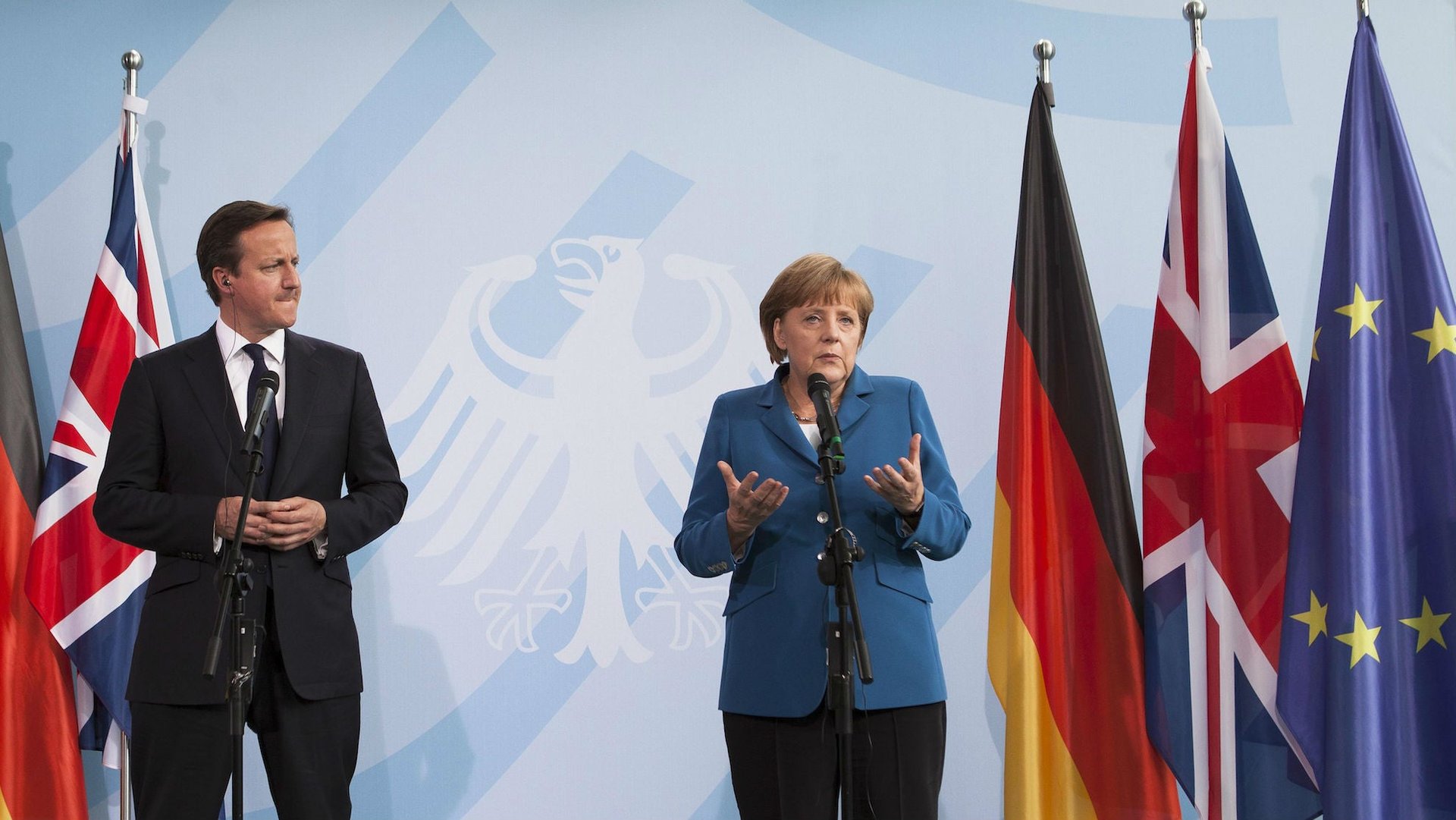What the breakthrough on trans-Atlantic trade means for businesses
The US and the European Union are starting talks to reach a new trans-Atlantic trade deal, an agreement that could expand the world’s largest trade relationship by billions of dollars annually. EU and US officials this morning released a joint statement saying “internal procedures to launch negotiations” would begin in both the EU and the US. Last night, President Barack Obama said in his State of the Union speech that talks over the deal would start, lending needed White House support to a project European leaders had already endorsed.


The US and the European Union are starting talks to reach a new trans-Atlantic trade deal, an agreement that could expand the world’s largest trade relationship by billions of dollars annually. EU and US officials this morning released a joint statement saying “internal procedures to launch negotiations” would begin in both the EU and the US. Last night, President Barack Obama said in his State of the Union speech that talks over the deal would start, lending needed White House support to a project European leaders had already endorsed.
UK Prime Minister David Cameron and German Chancellor Angela Merkel have repeatedly evoked the trade pact in the aftermath of the financial crisis as a way to “kick start” the struggling region. (The idea was initially proposed more than three decades ago.) US officials have been hammering out details with their EU counterparts for the past year just to make a recommendation to the president. The recommendation was sent to the president on the day of his address to Congress and, according to reports, the White House hurriedly added in a single sentence at the last minute.
So how big of a deal is this? It’s expected to be one of the largest and most complicated trade agreements ever negotiated. That’s partly because it will focus on reducing non-tariff barriers caused by different EU and US regulatory standards in things like health and consumer safety. Cutting non-tariff barriers by just half would increase EU GDP by 0.7% and US GDP by 0.3%, according to a study launched by the European Commission. A smaller element of the deal is to phase out already low duties on EU-US trade, which average 3%. Trade volume could increase by $120 billion within five years of eliminating all duties, according to a 2010 study by the European Centre for International Political Economy.
Trade between the US and EU already represent about half of the world’s output, totaling $647 billion last year. Cutting or eliminating tariffs could particularly help businesses with affiliates on both continents. (More than a third of trans-Atlantic trade is done between affiliates of the same companies.) A group of business executives including Martin Broughton of British Airways and Daniel Brutto of UPS wrote in an editorial (paywall) last month that harmonizing US-EU regulations would be a basis for international standards, and ultimately spur the stalled Doha global trade talks.
Still, negotiations–which could last two years, according to EU Trade Commissioner Karl de Gucht, will undoubtedly be contentious. Some officials have said the deal is not likely to hit on agriculture, a touchy sector for both Europe and America. The US has in place a 15-year-old ban on EU beef, over concerns of mad cow disease. US beef and pork products face high tariffs from the EU, which also restricts the import of genetically modified US crops. Indeed, de Gucht predicts the toughest negotiations will relate to food and pharmaceutical regulations in Europe.